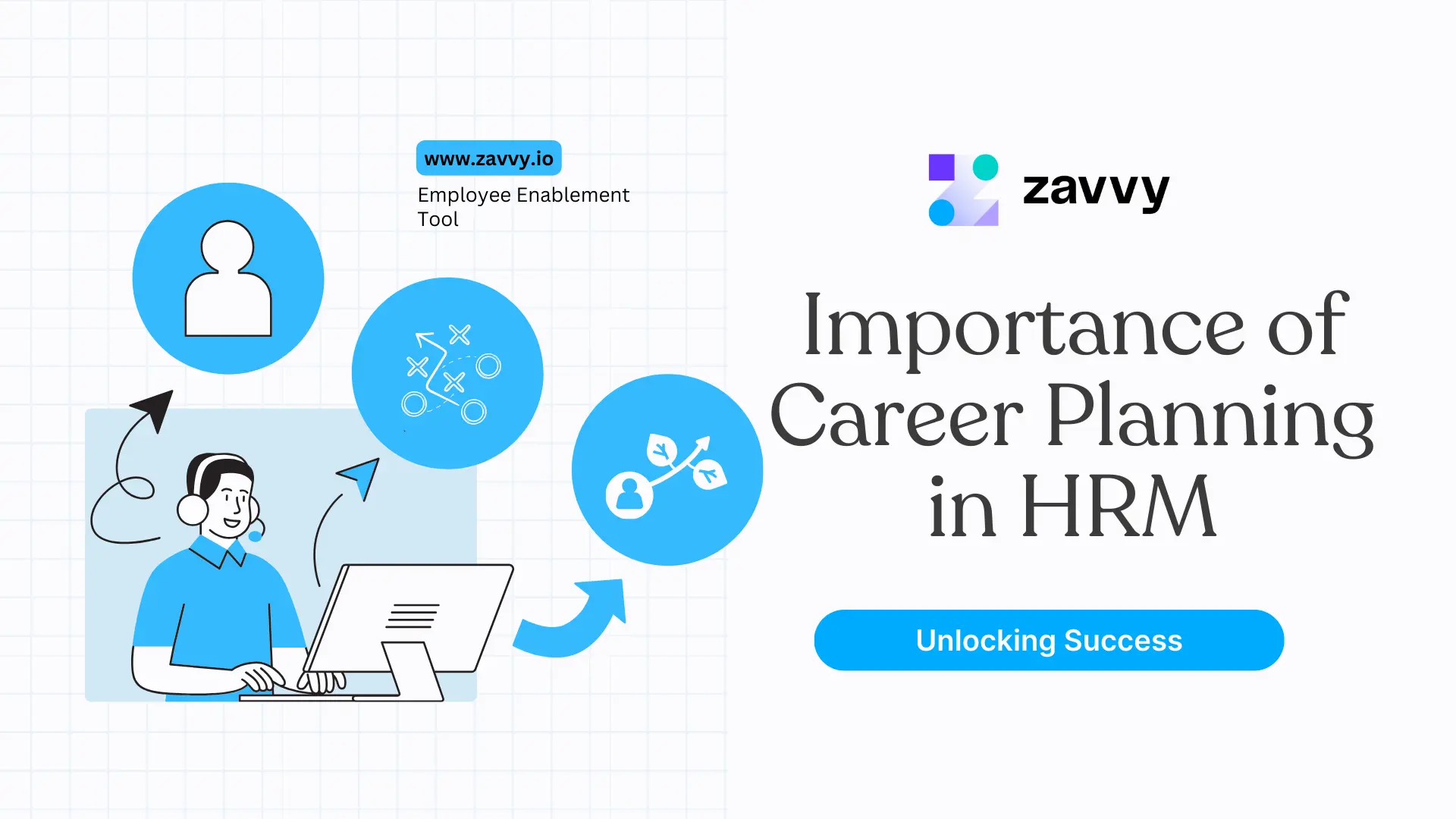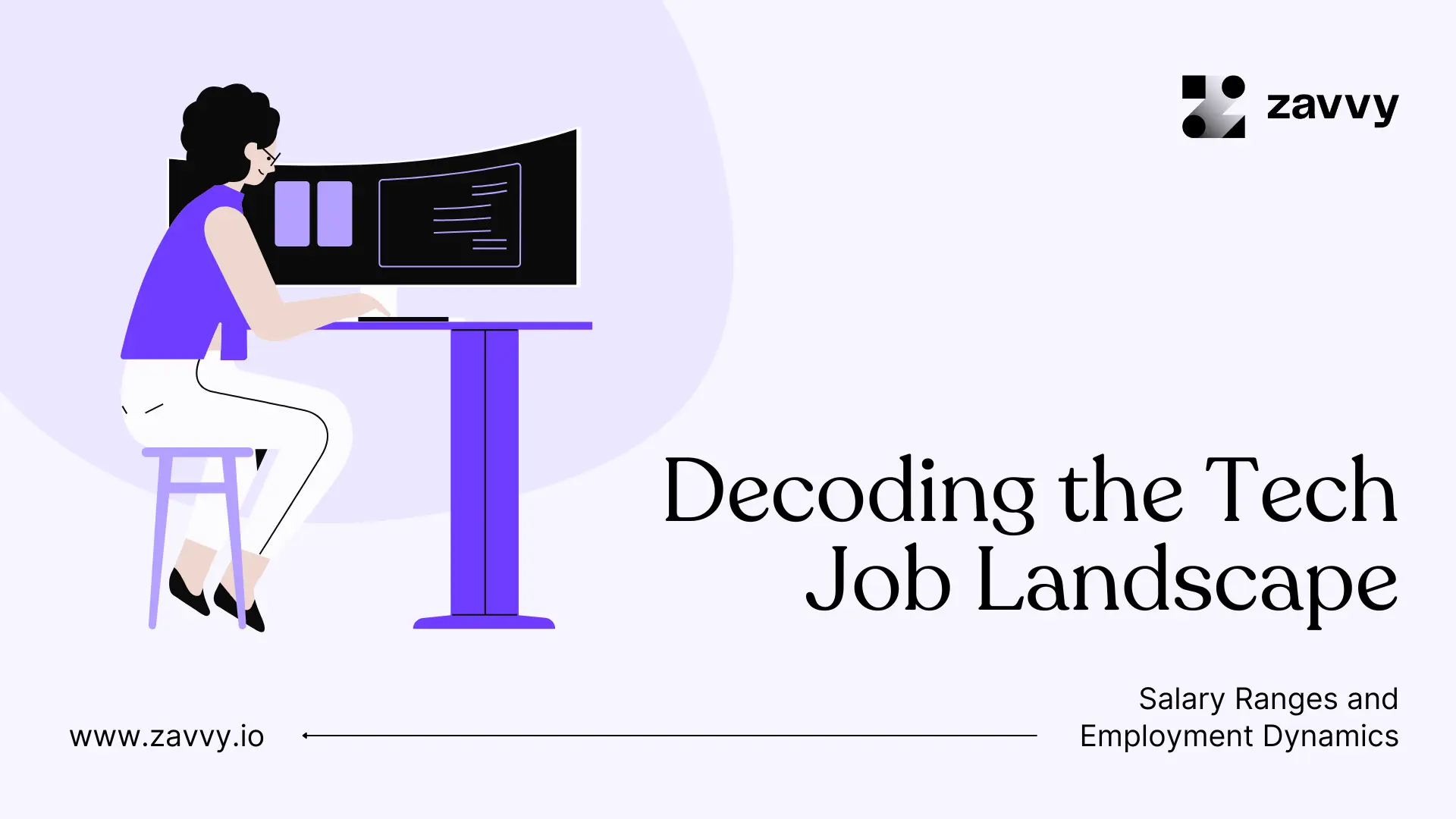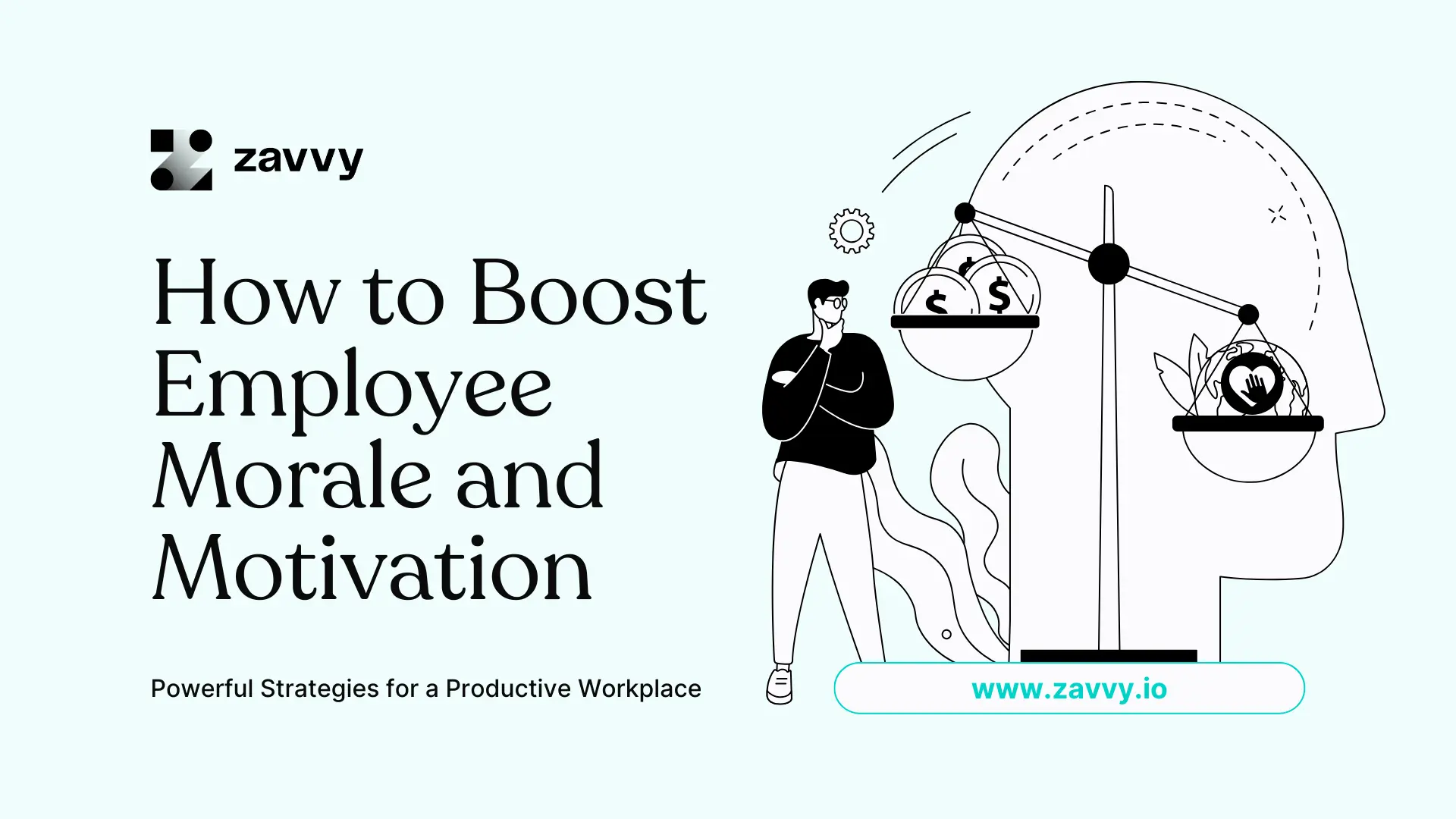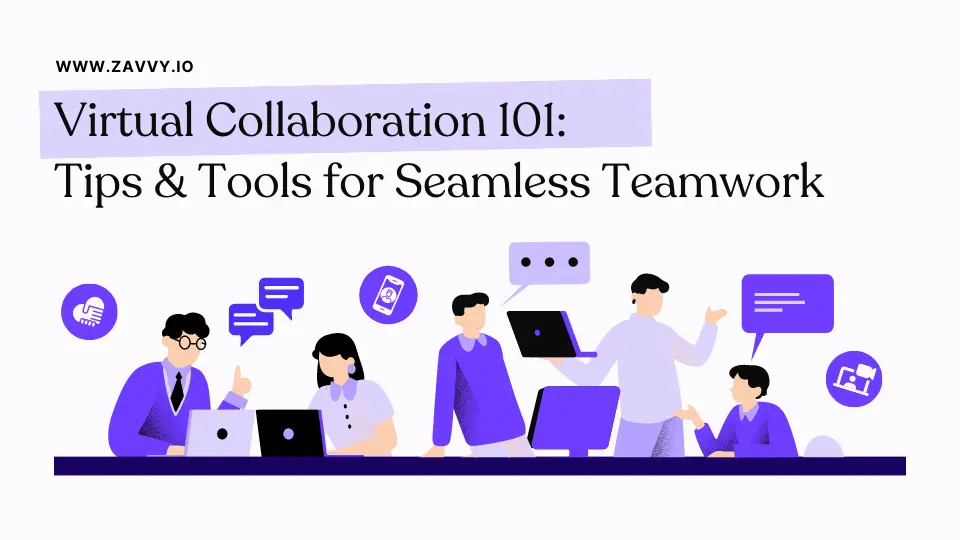
45+ Functional Competencies Examples to Add to Your Company's Competency Models
Zuletzt aktualisiert:
19.12.2023
Lesezeit:
20 minutes
última actualización
19.12.2023
tiempo de lectura
20 minutes
Last updated:
December 19, 2023
Time to read:
20 minutes

In the grand orchestra that is your company, functional competencies are the music sheet for your company's symphony.
But here's the thing. The finance team's rhythm is different from the marketing's melody. The sales department's crescendo is unlike IT's intricate harmonies. One generic score won't do. Each team needs its tailored composition—competency models made up of core, functional, and technical competencies.
That's where we come in. We're not just listing functional competencies; we're curating them.
From the analytical acumen of your finance team to the creative zest of your marketing crew, we'll delve into 45 functional competencies grouped by department and defined across 5 competency levels: basic, intermediate, advanced, proficient, and expert.

🌟 What are functional competencies?
Functional competencies refer to the specific skills, knowledge, and abilities an individual needs to be successful in specialized roles or fields within an organization.
These competencies are job-specific and are often tailored to a particular function or department.

They differ from behavioral core competencies, which are more general and applicable across various roles and departments.

Functional competencies are often confused with technical competencies. But there is a significant difference.
Functional competencies vs technical competencies vs core competencies
Technical competencies are related to tools and platforms one must know to do a job well.
For example, for a sales executive, knowledge of CRM tools is a technical competency. On the other hand, lead generation, sales closing techniques, and upselling are examples of functional competencies. Effective communication is a core competency for sales team members.
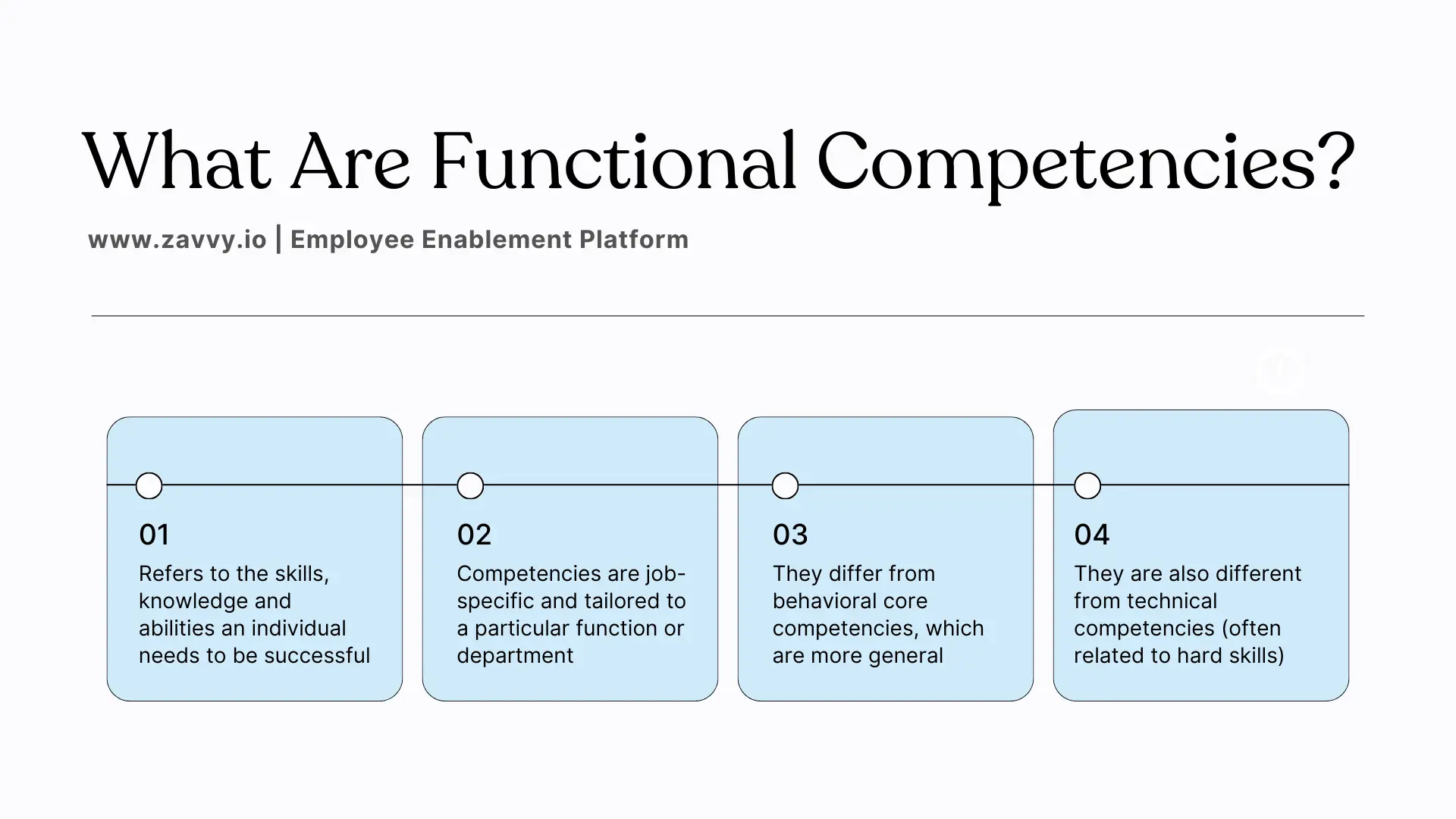
➡️ How can you find functional, core, and technical competencies for each role? Check out our detailed guide on competency mapping.
🌟 And check our extensive resources on core competencies for managers.

⚒️ 49 Functional competencies examples
We have also done some homework for you and curated a functional competencies list.
💸 Sales functional competencies
Pipeline management and account planning
Definition: The ability to create and optimize the entire sales plan from lead generation to conversion.
Proficiency levels:
- Basic: Can support the creation of basic account plans under supervision.
- Intermediate: Can create basic account plans with minimal supervision.
- Advanced: Can create and implement comprehensive account plans.
- Proficient: Can analyze and improve the company's sales process and customer journey.
- Expert: Can strategically manage the sales pipeline to drive business growth.
Lead generation
Definition: The ability to identify and attract potential customers for a business through various marketing strategies.
Proficiency levels:
- Basic: Can identify potential leads through basic research and data analysis.
- Intermediate: Can generate leads through multiple channels and effectively analyze the results.
- Advanced: Can generate high-quality leads consistently and measure the success of lead-generation efforts.
- Proficient: Can forecast trends in lead generation and mentor others in the process.
- Expert: Can drive significant business growth through the generation and management of high-quality leads.
Prospecting and cold calling
Definition: The ability to identify potential clients, initiate contact, and build relationships through effective communication and persuasion techniques.
Proficiency levels:
- Basic: Can make initial contact with potential clients, introducing the company and its products or services.
- Intermediate: Can effectively communicate the value proposition of the company's products or services during calls.
- Advanced: Can engage potential clients in meaningful conversations about their needs and how the company's products or services can meet them.
- Proficient: Can build strong relationships with potential clients, positioning the company as a trusted partner.
- Expert: Can build and maintain strategic relationships with key clients, positioning the company as a preferred partner.
Sales closing techniques
Definition: The ability to persuade potential customers to purchase using sales closing techniques.
Proficiency levels:
- Basic: Can handle common objections and questions from potential customers effectively.
- Intermediate: Can address common questions from potential customers.
- Advanced: Can handle difficult customer objections and questions and convert leads to customers.
- Proficient: Can customize sales closing techniques to unique customer needs and convert leads to customers.
- Expert: Can innovate and develop new sales closing techniques that significantly improve company performance.
Product knowledge
Definition: The ability to effectively understand the product features and use cases and communicate them to potential customers.
Proficiency levels:
- Basic: Can provide a general overview of the product.
- Intermediate: Can articulate how the product addresses customer needs.
- Advanced: Can explain complex features clearly to non-technical customers.
- Proficient: Can understand customer use cases and suggest product features or customization options accordingly.
- Expert: Can identify potential use cases based on customer needs.
Market knowledge
Definition: The ability to understand the market, trends, competitor landscape, customer demographics, and other factors influencing sales.
Proficiency levels:
- Basic: Has basic knowledge of major competitors and their offerings.
- Intermediate: Has a detailed understanding of key competitors, their strengths, and market positioning.
- Advanced: Can identify industry trends and emerging market forces.
- Proficient: Can provide strategic insights on market positioning and differentiation.
- Expert: Can develop standout sales and marketing strategies based on market knowledge.
Negotiation
Definition: The ability to discuss strategically with potential customers to reach mutually beneficial agreements or deals.
Proficiency levels:
- Basic: Can handle simple negotiations with customers or potential customers.
- Intermediate: Can handle moderately complex negotiations involving multiple factors.
- Advanced: Can handle deals with higher stakes and complexity.
- Proficient: Can build long-term relationships through negotiations.
- Expert: Can negotiate deals that help to meet long-term strategic objectives and business goals.
📰 Marketing functional competencies
Creativity and innovation
Definition: The ability to generate original ideas and impactful campaigns that differentiate brands in a competitive market.
Proficiency levels:
- Basic: Shows openness to new ideas and perspectives.
- Intermediate: Can suggest innovative ideas for campaigns and content.
- Advanced: Can consistently develop fresh and original concepts.
- Proficient: Can lead the development and execution of innovative marketing strategies.
- Expert: Can drive initiatives involving transformative and out-of-the-box marketing campaigns.
Brand strategy and positioning
Definition: The ability to develop and execute comprehensive brand strategies that align with business objectives, resonate with target audiences, and establish a robust and differentiated market presence.
Proficiency levels:
- Basic: Can conduct consumer and market research to identify the right brand messaging.
- Intermediate: Can define brand messaging and collaborate with design/creative teams to develop/refresh the brand's visual identity, including logos, colors, and overall aesthetics.
- Advanced: Can create guidelines that define the brand's voice online and offline.
- Proficient: Can gather feedback from sales and analyze consumer behavior to assess brand messaging and positioning.
- Expert: Can collaborate with cross-functional teams, including marketing, design, sales, and leadership, to ensure a unified and consistent brand experience.
Content strategy
Definition: The ability to develop a strategy for creating and distributing valuable content to attract, engage, and convert target audiences into customers.
Proficiency levels:
- Basic: Can develop and execute a content plan.
- Intermediate: Can establish and manage a content plan and distribution strategy.
- Advanced: Can conduct advanced research and optimize content strategy as per audience needs
- Proficient: Can analyze data and understand trends to optimize content strategy to meet business objectives.
- Expert: Can collaborate with multiple teams to integrate content strategy with overall marketing and business strategies and meet broader organizational goals.
Copywriting
Definition: The ability to write compelling and persuasive content to attract audiences, convey brand messages, and drive desired actions, ultimately supporting marketing goals and campaigns
Proficiency levels:
- Basic: Can craft clear and concise copy in brand voice for marketing materials.
- Intermediate: Can research to understand the target audience, their needs, preferences, and behaviors to tailor the copy to resonate with them.
- Advanced: Can write copy for different marketing channels and target audiences.
- Proficient: Can develop strategic messaging in marketing campaigns to drive conversions.
- Expert: Can conduct A/B testing and analyze the performance of different copies to refine and improve future campaigns.
Social media marketing
Definition: The ability to create and implement strategies to leverage social media platforms for brand promotion, engagement, and audience growth
Proficiency levels:
- Basic: Can work with copywriters and designers to create informative and appealing content on major social media platforms.
- Intermediate: Can optimize social media content for engagement using platform-specific best practices.
- Advanced: Can develop and execute strategic social media campaigns aligned with business goals.
- Proficient: Can handle advanced initiatives like community management, influencer collaboration, and exploring the latest technologies.
- Expert: Can capture and analyze the social data/metrics to measure the success of social media campaigns and accordingly refine future campaigns.
Email marketing
Definition: The ability to strategically craft and deploy targeted email campaigns to communicate with and engage audiences, drive conversions, and achieve marketing goals.
Proficiency levels:
- Basic: Can execute basic email campaigns.
- Intermediate: Can optimize email campaigns for improved engagement and deliverability.
- Advanced: Can develop and execute comprehensive lifecycle marketing campaigns.
- Proficient: Can create and implement advanced strategies for audience segmentation, dynamic content, and personalization.
- Expert: Can analyze data to refine email strategies and improve performance.
Sales enablement
Definition: The ability to build a strategy for equipping the sales team with the right resources to engage with customers effectively.
Proficiency levels:
- Basic: Can create foundational sales support materials and collaborate with the sales team on an ad-hoc basis.
- Intermediate: Can create and maintain advanced sales resources, such as product guides, presentations, and FAQs.
- Advanced: Can develop comprehensive sales training programs and materials and implement sales enablement strategies.
- Proficient: Can work closely with the sales team to align resources with sales goals and formulate the sales enablement strategy.
- Expert: Can collaborate with various departments to create integrated sales enablement programs.
🎨 Design functional competencies
Creativity and innovation
Definition: The ability to create original and impactful design solutions.

Proficiency levels:
- Basic: Can suggest creative ideas for simple problems.
- Intermediate: Can apply creative thinking and offer innovative solutions to complex problems.
- Advanced: Can regularly generate and implement innovative ideas and solutions.
- Proficient: Can drive the development and implementation of creative strategies and initiatives.
- Expert: Can set the strategic direction for organizational creativity and innovation initiatives.
Design thinking
Definition: The ability to build innovative solutions with a creative and empathetic mindset to build innovative solutions that meet user needs.
Proficiency levels:
- Basic: Has a basic understanding of design thinking principles and their application in problem-solving.
- Intermediate: Can empathize with users and translate their needs into design solutions.
- Advanced: Can drive strategic design decisions based on a deep understanding of user needs and business goals.
- Proficient: Can create, test, refine, implement, and evaluate the success of prototypes based on feedback.
- Expert: Can identify and solve highly complex, organization-wide problems using innovative design thinking techniques.
User interface (UI) and user experience (UX) principles
Definition: The ability to create intuitive and visually appealing user interfaces enhancing the overall usability.
Proficiency levels:
- Basic: Can use basic design tools for creating simple user interfaces.
- Intermediate: Can design tools and ability to create complex user interfaces.
- Advanced: Has a strong understanding of UI/UX principles and can develop highly intuitive and engaging user interfaces.
- Proficient: Has a strong understanding of UI/UX principles and can lead the design of user-friendly applications.
- Expert: Has a deep expertise in UI/UX principles and can set the strategic direction for UI/UX design in the organization.
Brand understanding
Definition: Ability to create and maintain a consistent visual identity for a brand.
Proficiency levels:
- Basic: Can articulate the brand's essential elements and identity.
- Intermediate: Can apply brand guidelines in daily work and ensure brand consistency.
- Advanced: Can guide others in using the brand guidelines and maintaining brand consistency.
- Proficient: Can support the application and evolution of brand guidelines.
- Expert: Can evaluate user feedback and lead the application and development of brand guidelines.
User research
Definition: The ability to research to understand the needs and preferences of the target audience.
Proficiency levels:
- Basic: Can assist in conducting simple user research activities under supervision.
- Intermediate: Can independently conduct user research activities.
- Advanced: Can independently conduct user research activities and suggest design solutions.
- Proficient: Can lead user research activities and make design decisions.
- Expert: Can interpret strategic user research data that drives organizational design guidelines.
🤝 HR functional competencies
Employer branding
Definition: The ability to create and maintain a positive image of the organization as an employer, attracting and retaining top talent.
Proficiency levels:
- Basic: Can communicate the company's value proposition as an employer clearly.
- Intermediate: Can create and manage content that effectively promotes the company's brand and values.
- Advanced: Can collaborate with multiple teams and update content policies per the employer branding strategy.
- Proficient: Can audit the brand and evaluate employer branding strategy.
- Expert: Can develop and implement innovative employer branding strategies based on research.
Workforce and talent planning
Definition: The ability to identify or onboard the right talent and strategically develop the skills necessary to meet business needs.
Proficiency levels:
- Basic: Can identify basic talent gaps within a team or department.
- Intermediate: Can identify and address talent gaps across multiple teams or departments.
- Advanced: Can lead the development of workforce and talent planning strategies across multiple teams or departments.
- Proficient: Can lead the development of workforce and talent planning strategies for the entire organization.
- Expert: Can design and lead complex talent management strategies, including succession planning and diversity and inclusion initiatives.

Talent acquisition
Definition: The ability to identify, attract, and hire top talent through effective recruitment strategies, candidate assessment, and employer branding.
Proficiency levels:
- Basic: Can assist in recruitment activities under supervision.
- Intermediate: Can manage recruitment processes (sourcing, screening, and interviewing candidates) with minimal supervision.
- Advanced: Can manage recruitment processes (sourcing, screening, and interviewing candidates) for various roles.
- Proficient: Can design and implement talent acquisition strategies for multiple roles and departments.
- Expert: Can design and oversee talent acquisition strategies and processes across the organization.
Employee relations
Definition: The ability to maintain positive relationships between employer and employees within an organization.
Proficiency levels:
- Basic: Can identify and escalate employee relations issues to the appropriate person.
- Intermediate: Can interpret company policies and address minor employee grievances.
- Advanced: Can interpret company policies and identify potential conflicts.
- Proficient: Can manage complex employee relations issues and involve senior management when necessary.
- Expert: Can lead the development and implementation of company policies and procedures related to employee relations.
Talent management
Definition: The ability to identify, attract, develop, and retain high-performing individuals who align with the organization's goals and values, ensuring a sustainable talent pipeline.
Proficiency levels:
- Basic: Can identify potential talent and recommend for further development.
- Intermediate: Can assist in talent identification and development processes.
- Advanced: Can manage talent management initiatives within the team, fostering a culture of continuous learning and development.
- Proficient: Can lead and develop talent management strategy across the department, aligning with overall business goals.
- Expert: Can set the strategic direction for talent management in the organization, ensuring alignment with business objectives.
Learning and development
Definition: The ability to design, deliver, and evaluate learning programs that enhance employee skills, knowledge, and performance while aligning with organizational goals and strategies.
Proficiency levels:
- Basic: Can coordinate employee training sessions, assist with onboarding, and help organize learning events within your department.
- Intermediate: Can create and deliver basic training programs for specific tasks or topics.
- Advanced: Can create and deliver advanced training programs for specific tasks or topics.
- Proficient: Can lead training initiatives at the department level.
- Expert: Can lead training initiatives at the organization level.
➡️ For more examples, check out our list of the top 31 HR skills and competencies.
🖥️ Engineering functional competencies
Quality assurance
Definition: The ability to ensure that products, services, and processes meet or exceed established standards and expectations through monitoring, evaluation, and continuous improvement.

Proficiency levels:
- Basic: Can identify common quality issues and report them.
- Intermediate: Can identify and suggest solutions to common quality issues.
- Advanced: Can identify and offer solutions to complex quality issues.
- Proficient: Can independently develop and implement quality assurance strategies.
- Expert: Can lead and manage company wide quality assurance efforts.
Creativity and innovation
Definition: The ability to develop unique and effective solutions to complex problems while keeping up with technology trends.
Proficiency levels:
- Basic: Can generate simple, practical solutions to problems.
- Intermediate: Can experiment with new ideas and technology to solve a problem.
- Advanced: Can implement creative solutions using new approaches/technologies.
- Proficient: Can lead innovative projects at a department level.
- Expert: Can lead innovative projects at the organizational level.
Project planning
Definition: The ability to develop and implement a comprehensive plan for achieving project goals, including defining scope, timelines, resources, and risks.
Proficiency levels:
- Basic: Can identify project tasks and resources needed with guidance.
- Intermediate: Can independently create a detailed project plan with straightforward tasks, deadlines, and resources
- Advanced: Can create complex project plans involving multiple teams.
- Proficient: Can create complex project plans involving multiple departments.
- Expert: Can create complex project plans for large-scale organizational-level projects.
Design and analysis
Definition: The ability to analyze complex problems, design effective solutions, and evaluate their impact on business outcomes using data-driven approaches.
Proficiency levels:
- Basic: Can follow design principles and analysis techniques to develop solutions for simple problems.
- Intermediate: Can follow design principles and analysis techniques to develop solutions for moderate complexity problems.
- Advanced: Can follow design principles and analysis techniques to develop solutions for complex problems.
- Proficient: Can lead design and analysis tasks for complex projects.
- Expert: Can lead design and analysis tasks for large-scale organizational-level projects.
Change management
Definition: The ability to support transitions, effectively communicating and implementing changes while minimizing resistance and disruption.
Proficiency levels:
- Basic: Can support change initiatives under supervision.
- Intermediate: Can plan and implement small-scale change initiatives.
- Advanced: Can lead medium-scale change initiatives.
- Proficient: Can lead large-scale change initiatives.
- Expert: Can lead and manage change at an organizational level.
Technical writing
Definition: The ability to communicate complex technical information clearly and concisely, using appropriate language and formatting to ensure accuracy and understanding.
Proficiency levels:
- Basic: Can create simple technical documents under supervision.
- Intermediate: Can create detailed technical documents with minimal supervision.
- Advanced: Can independently create comprehensive technical documents, including manuals, guides, and reports.
- Proficient: Can lead a team of technical writers, overseeing the creation of complex technical documents.
- Expert: Can build technical writing best practices for the organization.
🤹 Product management functional competencies
User research
Definition: The ability to gather and analyze user data to plan the design and development of products and services that meet their needs and expectations.

Proficiency levels:
- Basic: Can collect and document user requirements for small projects.
- Intermediate: Can use standard user research methods and interpret user requirements.
- Advanced: Can plan and conduct user interviews and surveys independently and lead the development of user personas and user journey maps.
- Proficient: Can use various user research methods and provide strategic insights based on complex user research data.
- Expert: Can provide complex user research insights. Capable of conducting usability testing at a high level.
Roadmapping
Definition: The ability to define strategic vision and direction for a product.
Proficiency levels:
- Basic: Can assist in the creation of simple roadmaps under supervision.
- Intermediate: Can create basic roadmaps independently.
- Advanced: Can create a comprehensive and well-structured product roadmap for various business scenarios.
- Proficient: Can manage multiple product roadmaps for different products or product lines.
- Expert: Can guide the organization in integrating roadmaps into the overall business strategy.
Stakeholder management
Definition: The ability to effectively engage and collaborate with various internal and external stakeholders to drive product success.
Proficiency levels:
- Basic: Can identify internal and external stakeholders.
- Intermediate: Can communicate with stakeholders for a product or project.
- Advanced: Can communicate with key stakeholders for a product or project.
- Proficient: Can prioritize and balance the needs and expectations of multiple stakeholders.
- Expert: Can lead cross-functional teams in building strong stakeholder relationships.
Quality assurance
Definition: The ability to ensure products meet quality standards and are defects-free.
Proficiency levels:
- Basic: Has a basic understanding of different types of testing, such as functional testing, usability testing, and regression testing.
- Intermediate: Can work with quality assurance teams and manage basic quality assurance activities.
- Advanced: Can work with quality assurance teams and manage quality assurance activities end to end.
- Proficient: Can align multiple teams to ensure quality aligns with product goals.
- Expert: Can lead initiatives to improve overall product quality, including security and performance testing.
Agile and product management frameworks
Definition: The ability to effectively apply agile methodologies and product management frameworks to drive innovation, collaboration, and continuous improvement of products.
Proficiency levels:
- Basic: Can apply basic agile principles in day-to-day tasks.
- Intermediate: Can understand and apply different agile methodologies like scrum, kanban, etc.
- Advanced: Can lead an agile team as a product owner for small-scale products.
- Proficient: Can lead an agile team as a product owner for larger teams or organizations.
- Expert: Can develop agile best practices for the organization as a product owner.
Negotiation
Definition: The ability to collaborate with various stakeholders, making trade-offs, and reaching agreements to ensure the success of a product.
Proficiency levels:
- Basic: Can handle common negotiation scenarios across multiple teams.
- Intermediate: Can handle complex negotiation scenarios across multiple teams.
- Advanced: Can negotiate effectively with key internal stakeholders.
- Proficient: Can negotiate effectively with both internal and external stakeholders.
- Expert: Can negotiate high-stakes negotiations for products to be successful.
📈 Finance and Accounting functional competencies
Budgeting
Definition: The ability to plan, allocate, and manage financial resources effectively and efficiently to achieve business objectives while ensuring compliance with financial policies and regulations.
Proficiency levels:
- Basic: Can assist in the preparation of simple budgets under supervision.
- Intermediate: Can independently prepare and manage simple budgets.
- Advanced: Can prepare and manage complex budgets.
- Proficient: Can provide strategic analysis and interpretation of budget variances and trends.
- Expert: Can lead or provide strategic direction on the companywide budgeting process.
Financial analysis
Definition: The ability to interpret and evaluate financial data to make informed business decisions, including forecasting, budgeting, and identifying areas for improvement.
Proficiency levels:
- Basic: Can create simple financial reports or budgets and make rudimentary financial decisions.
- Intermediate: Can conduct basic financial analysis, such as calculating key financial ratios, and contribute to financial planning and budgeting processes.
- Advanced: Can perform more advanced financial analysis, including trend and variance analysis.
- Proficient: Can contribute to developing financial strategies and forecasts to manage a department's financial operations.
- Expert: Can conduct financial planning and analysis for an organization and provide suggestions to senior management based on reports like budget monitoring, cost-benefit analyses, and risk analysis.
Financial planning
Definition: The ability to analyze financial data, forecast future trends, and develop strategies to achieve financial goals while managing risks and ensuring compliance with regulations.
Proficiency levels:
- Basic: Can prepare simple financial reports and budgets and manage day-to-day financial operations.
- Intermediate: Can develop more comprehensive financial budgets and forecasts, including cash flow projections and financial statements.
- Advanced: Can create long-term financial strategies and assess the financial impact of different scenarios.
- Proficient: Can manage all aspects of the company's financial planning and ensure financial compliance.
- Expert: Can lead, guide, and strategize financial planning discussions at the organizational level.
Taxation
Definition: The ability to understand, interpret, and manage various aspects of taxation.
Proficiency levels:
- Basic: Can ensure basic tax compliance and manage simple tax matters such as payroll taxes.
- Intermediate: Can handle complex tax compliance issues and identify potential deductions and credits to minimize the organization's tax liabilities.
- Advanced: Can manage various aspects of tax planning, handle tax audits, and develop tax strategies to optimize tax efficiency.
- Proficient: Can manage all aspects of the company's taxation and develop comprehensive tax strategies that align with the organization's financial goals.
- Expert: Can lead tax strategy for the organization.
🙌 Customer Success functional competencies
Product and service knowledge
Definition: The ability to effectively understand, communicate, and support the company's products and services.
Proficiency levels:
- Basic: Can explain the features, benefits, and use cases of the company's main products and services.
- Intermediate: Can answer basic customer inquiries about the company's products and services.
- Advanced: Can answer complex customer inquiries and provide solutions using the company's products and services.
- Proficient: Can answer complex customer inquiries, offer solutions, and troubleshoot issues related to the company's products and services.
- Expert: Can answer complex customer inquiries, provide solutions, troubleshoot issues, and provide strategic advice using the company's products and services.
Competitive insight
Definition: The ability to analyze market trends, identify competitors' strengths and weaknesses, and use this information to develop strategies that give the organization a competitive advantage.
Proficiency levels:
- Basic: Can identify key competitors and their primary offerings.
- Intermediate: Can identify key competitors' strengths and weaknesses.
- Advanced: Can analyze competitors' strengths and weaknesses and explain company products or services compared to competitors.
- Proficient: Can analyze competitors' strengths and weaknesses and position the product or service correctly.
- Expert: Can predict competitors' strategies and suggest proactive measures to position the product better.
Upselling and cross-selling
Definition: The ability to identify and capitalize on opportunities to offer additional products or services to customers, increasing revenue and enhancing customer satisfaction.
Proficiency levels:
- Basic: Can identify opportunities for upselling and cross-selling during customer interactions.
- Intermediate: Can effectively apply upselling and cross-selling techniques during customer interactions.
- Advanced: Can effectively negotiate with customers to upsell or cross-sell deals.
- Proficient: Can lead upselling and cross-selling initiatives within the team or department.
- Expert: Can give strategic direction to maximize upselling and cross-selling opportunities.
Customer outreach
Definition: The ability to proactively engage with customers, understand their needs, and build strong relationships through effective communication and problem-solving skills.
Proficiency levels:
- Basic: Can identify potential customers and initiate contact.
- Intermediate: Can build and maintain relationships with customers.
- Advanced: Can strategize and implement effective outreach campaigns.
- Proficient: Can strategize, implement, manage, and evaluate effective outreach campaigns.
- Expert: Can effectively use customer feedback to improve outreach efforts and the company's products or services.
Customer focus
Definition: The ability to understand and anticipate customers' needs and to provide excellent service and support that exceeds their expectations.
Proficiency levels:
- Basic: Can communicate effectively with customers to understand their requirements.
- Intermediate: Can understand customer needs and effectively resolve simple customer issues and complaints.
- Advanced: Can understand customer needs and effectively resolve complex customer issues and complaints.
- Proficient: Can lead the management and resolution of complex customer issues and complaints at a large scale.
- Expert: Can lead initiatives based on customer feedback to improve products or services.
🛠️ IT support functional competencies
Technical writing
Definition: The ability to create clear documentation for any process or issue.
Proficiency levels:
- Basic: Can develop basic documentation for common issues.
- Intermediate: Can create more comprehensive and organized support documentation for common technical issues.
- Advanced: Can create well-structured and detailed technical documents, guides, and knowledge-base articles.
- Proficient: Can lead documentation projects, design documentation standards, and maintain a highly organized and accessible knowledge base.
- Expert: Can develop documentation best practices and standardized templates for the organization.
Process optimization
Definition: The ability to identify bottlenecks and improve business processes to enhance overall performance.
Proficiency levels:
- Basic: Can identify simple process inefficiencies and suggest improvements.
- Intermediate: Can independently identify and suggest complex process improvements.
- Advanced: Can use complex data analysis to identify process inefficiencies and measure process changes' impact.
- Proficient: Can lead and implement small-scale process optimization projects.
- Expert: Can lead and implement large-scale process optimization projects.
Safety and compliance
Definition: The ability to understand and adhere to relevant safety standards, legal requirements, and industry regulations.
Proficiency levels:
- Basic: Can identify and adhere to basic safety and compliance practices like password policies and data backup procedures.
- Intermediate: Can ensure that IT operations comply with standard regulations like data privacy laws.
- Advanced: Can develop and enforce IT compliance policies and procedures.
- Proficient: Can develop and manage comprehensive compliance programs/policies and coordinate regular compliance audits.
- Expert: Can lead compliance initiatives at the department level.
➡️ Looking for inspiration to get started on competency mapping?
Discover 14 industry-specific competency model examples and our complete competency framework template with 135 core, functional, and technical competencies, curated for 10 departments.

🧩 How do I use functional competencies?
The most significant advantage of defining competencies for each role is you set clear expectations. It will help you in:

- Hiring: You can specify which competencies are expected of each position in the job description.

- Performance management: Assess performance based on the competencies. The biggest advantage of having competencies is the job expectations are no longer generic, and you can assess performance directly based on competencies.

- Promotions and career growth: You can set career progression paths with clearly defined competencies for every role. Employees can see the expectations at each job level and how they can grow.

Now, you can consider employees for promotions or succession planning based on whether they have the required competencies.

- Training: Build competency and career development plans and train employees to improve performance in their current role or grow to the following positions based on competencies.

➡️ Define and develop your team's functional competencies with Zavvy
In the dynamic landscape of modern business, the ability to accurately define, develop, and deploy functional competencies within your teams is not just a luxury. It's a necessity.
Zavvy empowers you to do just that, transforming the abstract concept of 'competency' into actionable, growth-centric frameworks.
Here's how Zavvy stands out:
- 🌟 Competency frameworks: Craft a robust foundation for talent development with Zavvy's competency frameworks. Define the core, functional, and technical competencies critical to each role within your organization, ensuring alignment with business goals and culture.
- 🧑🎓 Customizable competency libraries: Populate your competency frameworks with templates from Zavvy's extensive libraries of skills and behaviors.
- 🔁 Feedback and development tools: Encourage continuous growth with Zavvy's feedback mechanisms and coaching tools. Facilitate meaningful conversations that tie directly back to identified competencies and employee growth plans.
- 📊 Integration with performance management: Seamlessly integrate competency development into your overall performance management strategy. Connect growth plans and assessments to performance reviews for a holistic view of employee development.
📅 Talk to our experts about integrating competencies into your talent lifecycle and discover how Zavvy can revolutionize your approach to functional competency development.
.webp)
❓ FAQs
How do functional competencies differ from job-specific skills?
Functional competencies are a type of job-specific skills. Functional competencies are skills an employee needs to do their job. For example, a sales executive has to be aware of sales closing techniques. Apart from functional competencies, employees also need technical knowledge and soft skills.
Can functional competencies change over time based on business needs?
Yes, functional competencies can change based on the business requirements. In fact, functional competency mapping is not a one-off process. Jo Taylor, Managing Director of HR Consultancy at Let's Talk Talent, suggests experimenting. Building prototypes of functional competencies, evaluating them with employees, and then updating them based on needs.
Read next
Als Nächstes lesen
No items found.
No items found.
.png)
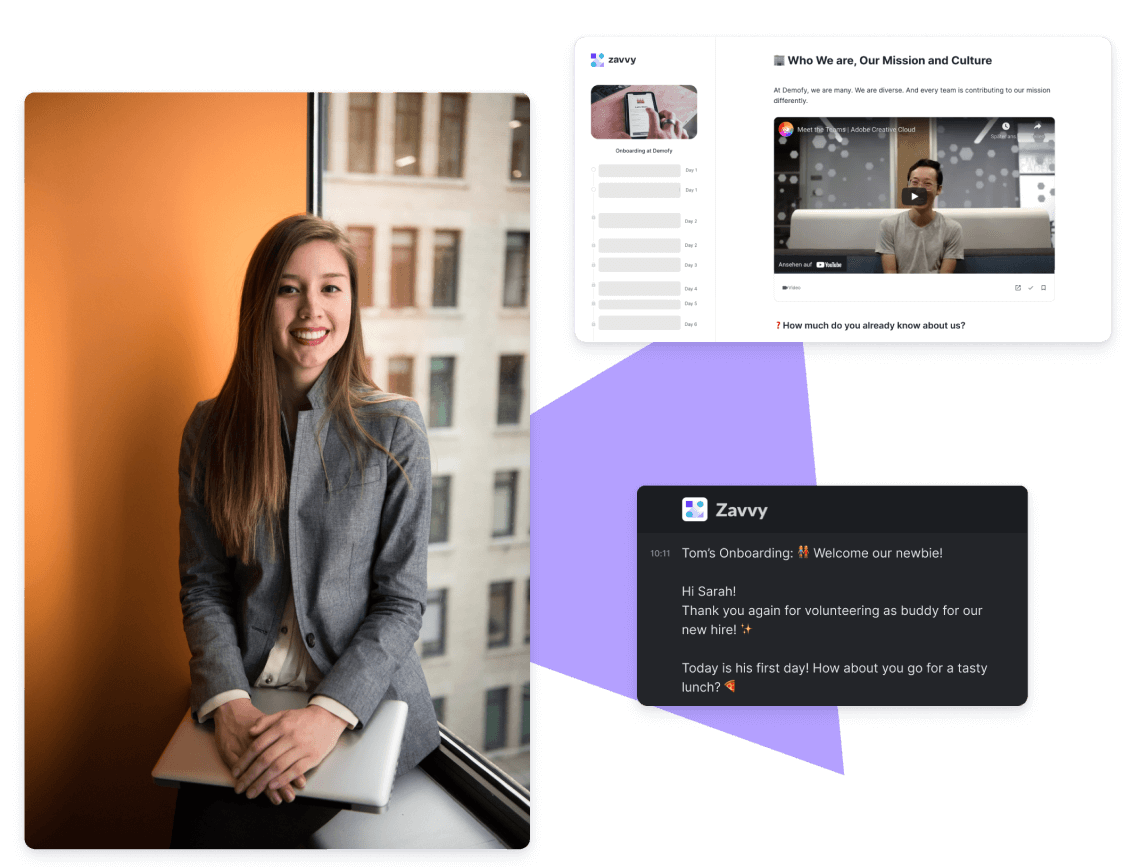



















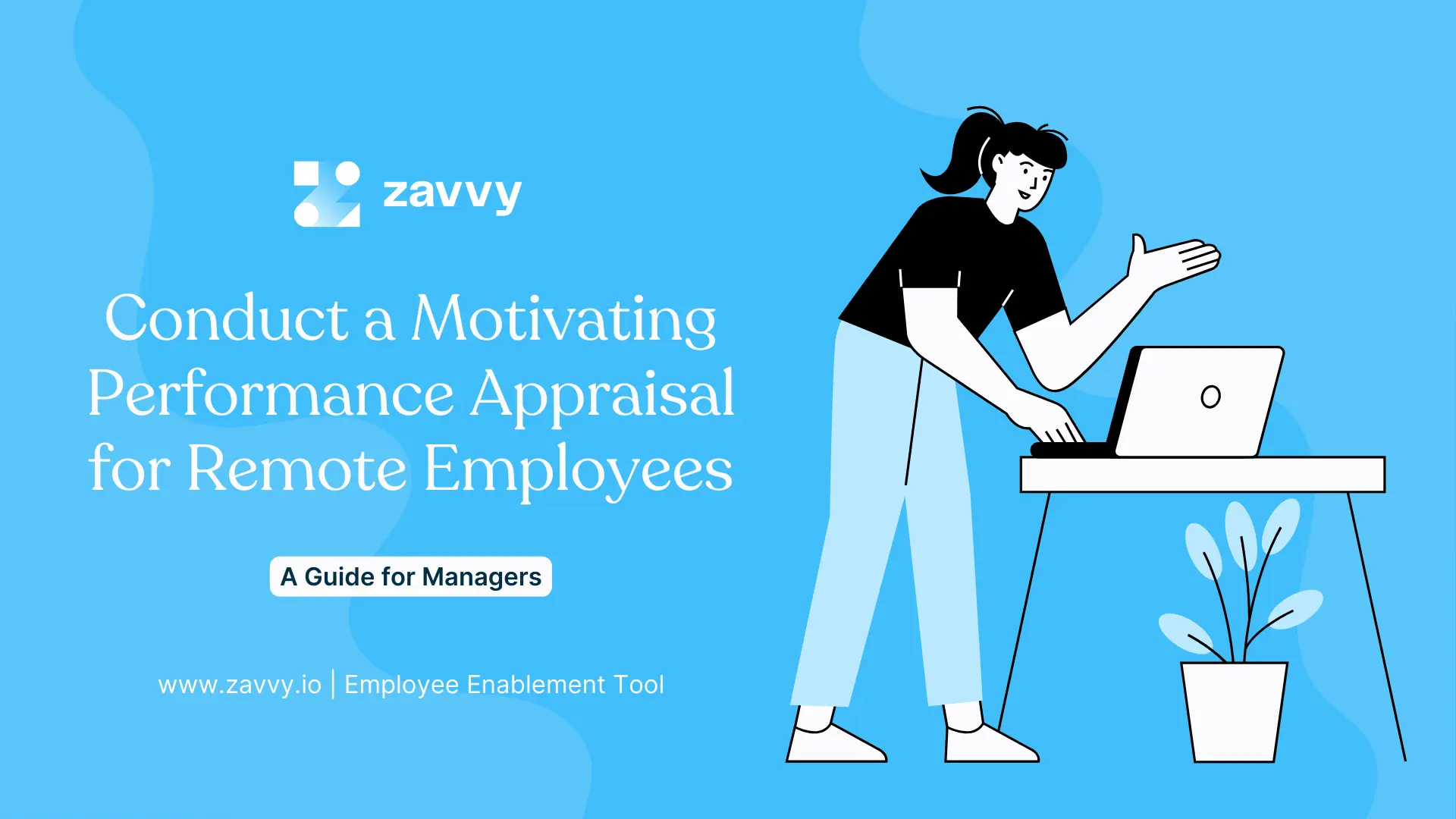
.png)







